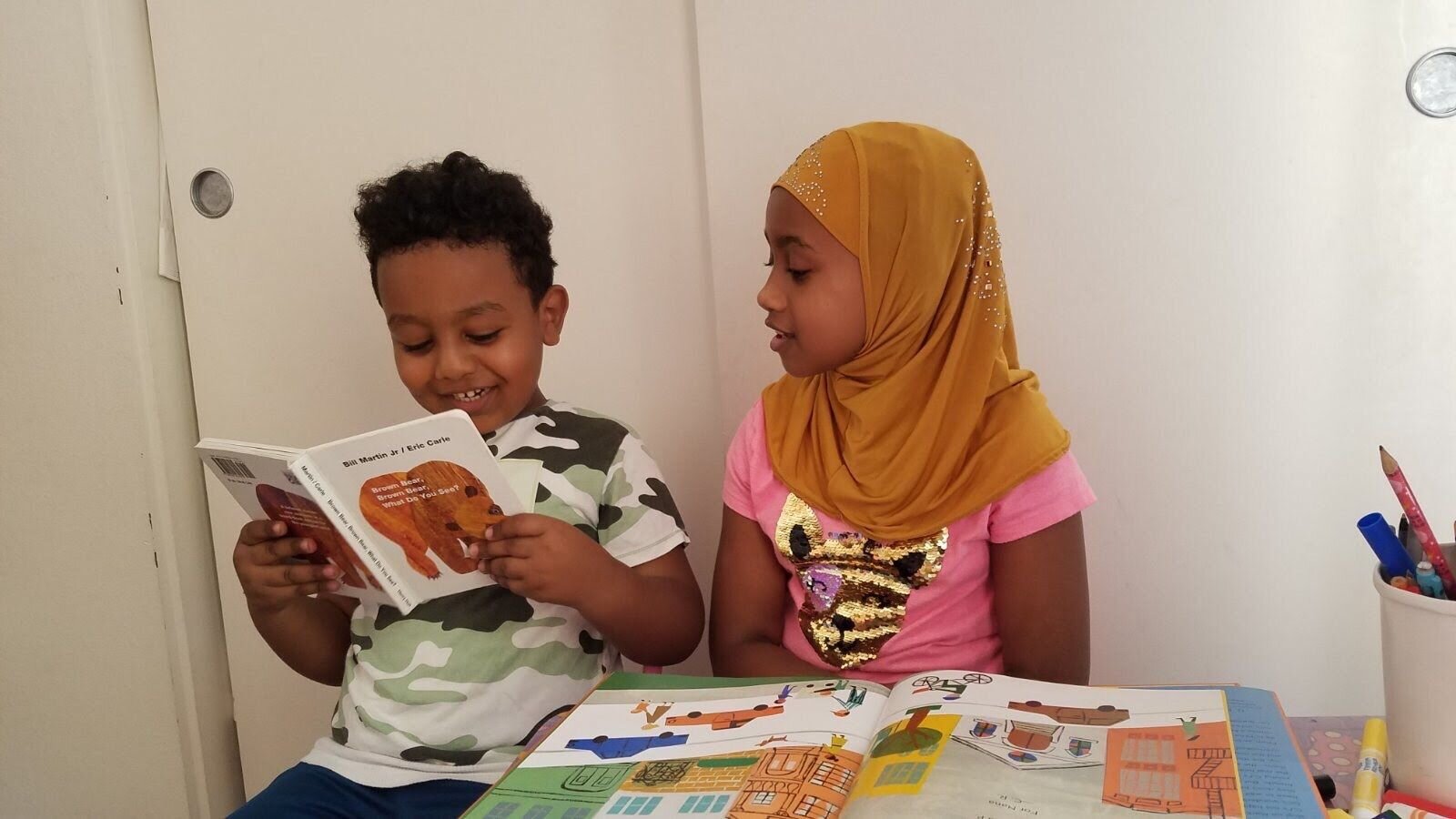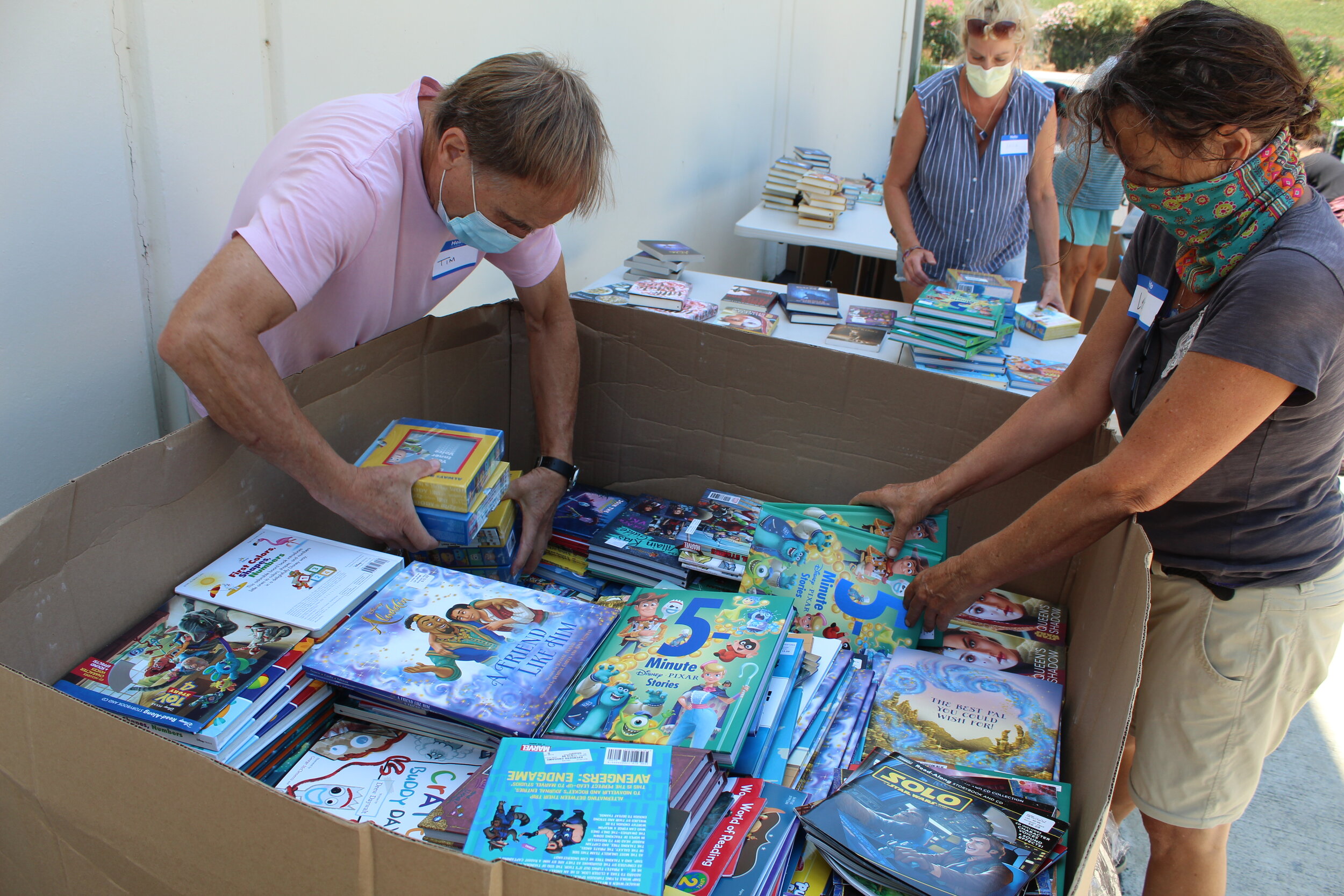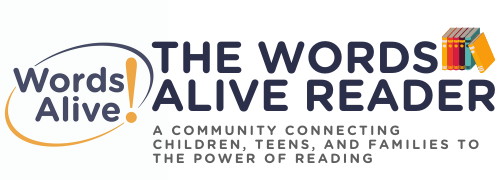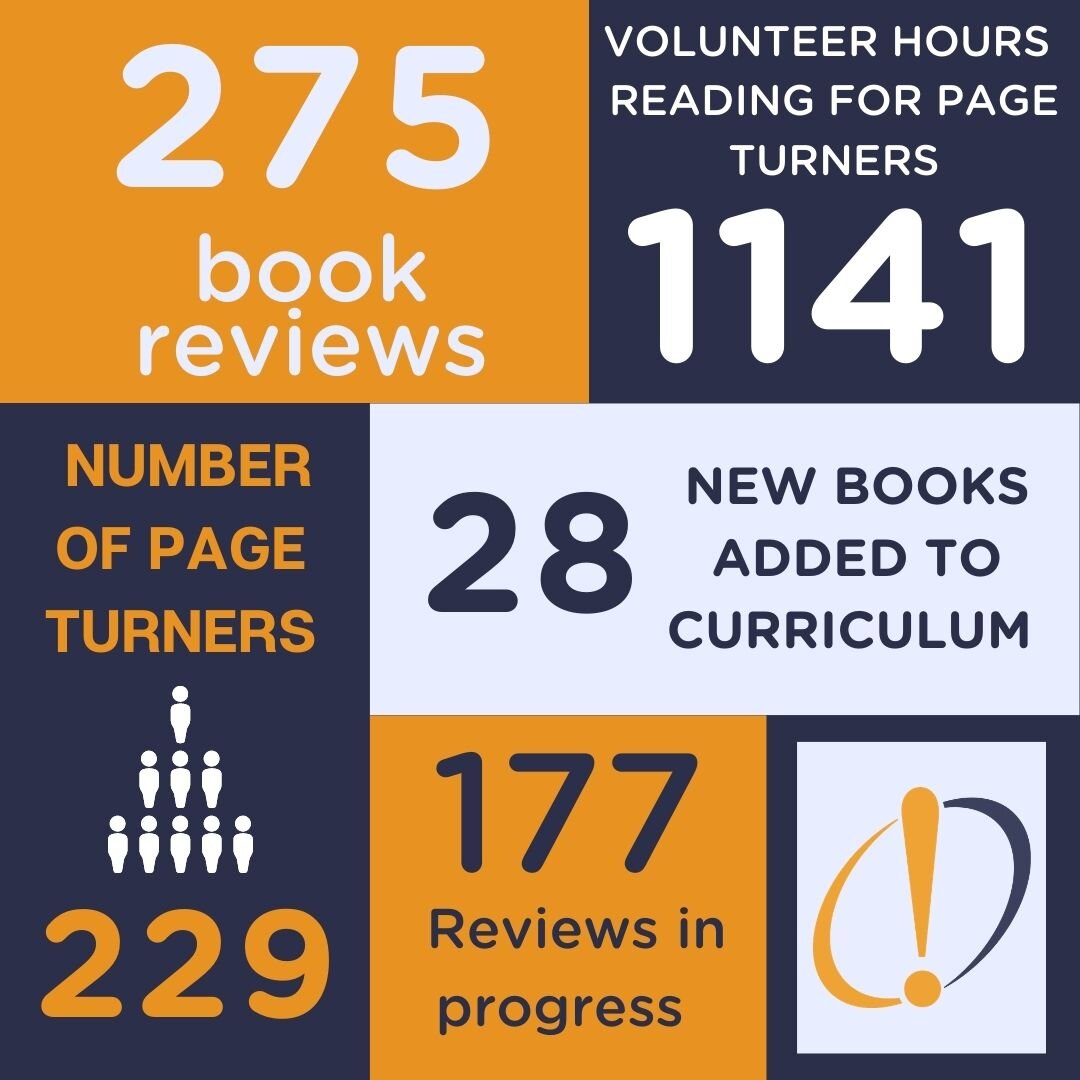It's International Literacy Day! Here at Words Alive, we champion the beauty and importance of literacy each and every day. But each year, on September 8th, International Literacy Day is celebrated worldwide as a way to highlight the importance of literacy for children and adults of all backgrounds, nationalities, communities, and societies. Though we started out as a San Diego-focused organization, the Words Alive community now spans the globe, with our volunteers supporting us from 18 different countries and creating content for our readers in eight different languages!
Here's what one of our volunteers in India, Meher Gandhi, had to say about the importance of today: "Is literacy only about reading and writing or is it about thinking at such levels that form the base for confident and independent living? It must be the latter and if so, then the goal must be shared by all nations. This International Literacy Day, let's think about no boundaries except the one between literacy and lack of it." We're celebrating International Literacy Day because we believe that no matter where you are in the world, literacy matters!
Declared a UNESCO world holiday in 1966, International Literacy Day is celebrated under a different theme every year. This year’s theme is, “Literacy for a human-centered recovery: Narrowing the digital divide.” Although literacy has improved greatly in the past fifty plus years, illiteracy still remains a global issue. And with Covid-19 disrupting the lives of countless individuals across the globe, inequalities in access to educational and literary opportunities have been dramatically magnified. The shift to online learning upended the education of millions of children and sadly, kids from families with limited access to books, technology, and the internet were and are continuing to be the most affected.
This year’s theme will both celebrate and explore how literacy is impacted and changing with distance learning in a Covid-19 affected planet. Literacy is an essential piece of human and familial interactions as well as an integral facet of education and lifelong learning, and it is essential to our resilience and repair in the post-pandemic world. International Literacy Day challenges us to take ownership of the literacy crisis, taking the responsibility back home to local communities where literacy begins.
So what can YOU do to help, today on International Literacy Day and every day?
Volunteer. Getting involved with Words Alive is a great place to start! You can find volunteer opportunities here.
Take Action. Donate books to classrooms, start lending libraries in and outside your community, tutor, start a book club, and read with your family.
Make a Donation. When we can count on your recurring support each month, we are able to reach more children, teens, and families. Your gift of just $5 each month supports a student's journey to connect to the power reading and can change the story of their life. Click here to make a donation.
Happy Reading!
This post was written by Keira Nordan, a Words Alive volunteer! Do you love writing and have an interest in helping Words Alive create this type of content? We'd love to have you on the team! Email to learn more.

































